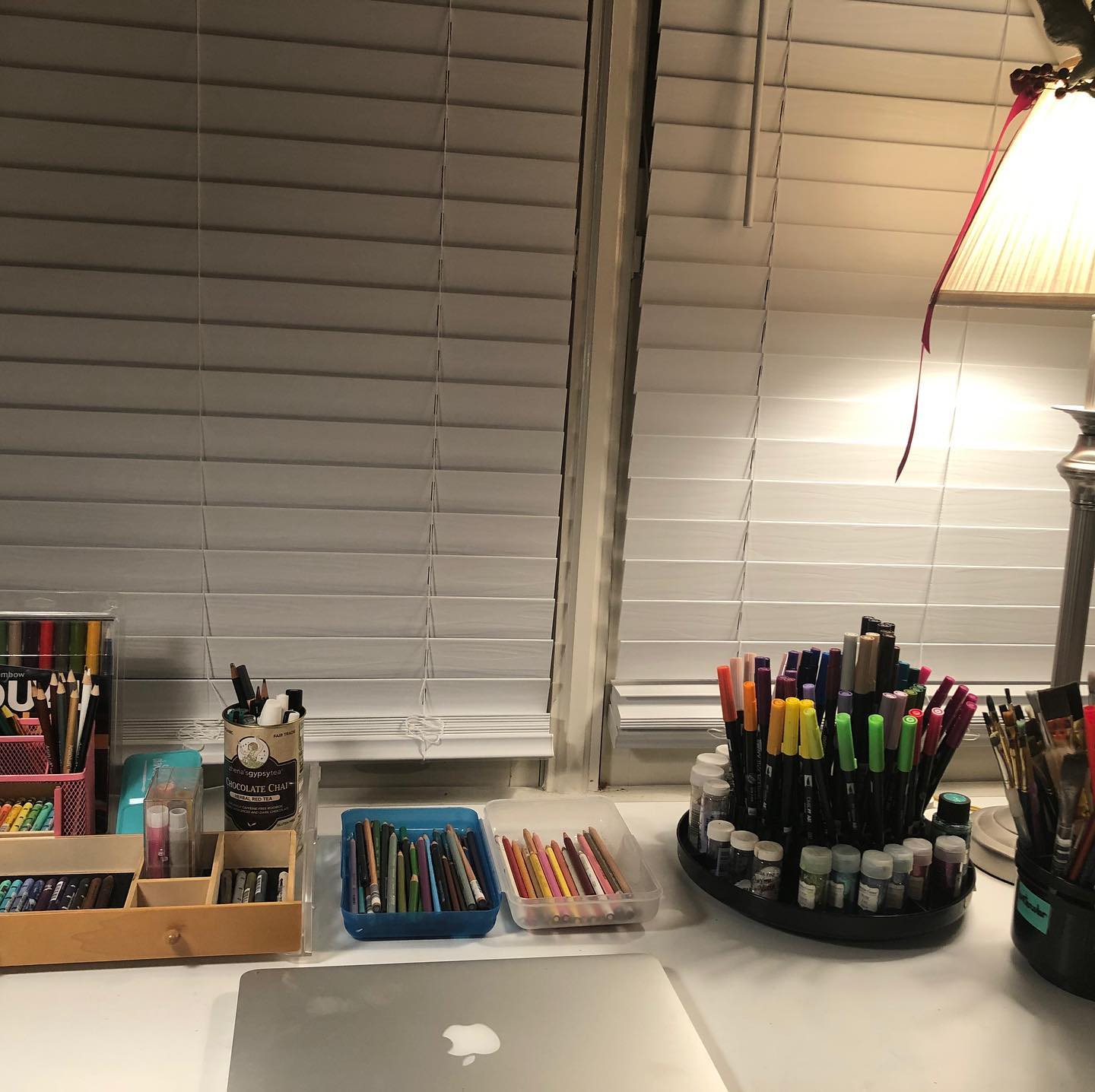Four Keys in Survival Kit for Future
Keys to journaling, sensory experiences, reduced clutter and humor foster self-expression, add richness to life’s moments, teach discernment and increase joy.
Dr. Terry Segal is a licensed Marriage & Family Therapist with a Ph.D. in Energy Medicine. She is the author of "The Enchanted Journey: Finding the Key That Unlocks You.”

The second part of a three-part series.
We’re entering unknown territory as our kids and grandkids head back to college and school, whether in the physical classroom or virtually. I offer 10 keys to nourish body, mind and soul to help you manage your stress and create meaningful experiences. The first part of this series covered mindfulness and altered perceptions, www.www.atlantajewishtimes.com/keys-to-mindfulness-and-altered-perceptions/
The next four keys:
Journaling releases stress, anger, frustration, fear, and moves them out of your body and mind, onto the page. Hopes, dreams, inspiration and repetitive patterns also appear in the writing.
Many schools have implemented journaling as a daily practice to develop critical thinking, self-exploration, expression, and stress/anxiety reduction, all within the boundary of the journal. Students have the option to fold a page they prefer not to be read.

How to practice Journaling: Parents guiding their children’s learning at home can make journaling part of the curriculum. Allot 10 to 15 minutes daily and set rules regarding privacy/sharing about what’s written. I recommend a mix of free writing, which is unstructured, and prompts. An example of prompt writing is: “What I’m struggling with about learning from home is …” or, “I feel mad, sad, glad, or scared today because …” Everyone benefits from this practice, so you can journal, too, at the allotted time each day. Journaling can foster conflict-resolution. For younger children and adults, journaling may contain images and colors rather than words.
Sensory Experiences. Awareness of sights, sounds, smells, tastes and textures makes life’s experiences memorable. Certain fragrances can transport you to another time. A perfume may spark memories of a departed loved one. Ocean sounds can invoke a sensory snapshot from a special vacation. Opportunities occur every day, but mindfully stopping to observe a bird twittering on the branch or a fluttering leaf twirling to the ground halts moments that connect us all to Hashem and the world’s beauty. How to practice Sensory Experiences: Recall group memories that conjure a sensory experience. For example: “Remember when it was so hot at the beach and we ate cold watermelon at sunset?” You can initiate a family ritual for each member to observe (or record in their journal) one experience for each of the senses, every day, and share them at dinner. For example: “Today I saw a yellow butterfly, heard thunder, smelled oregano on the pizza, tasted a tart cherry, and felt soft, damp grass on my feet.”
Reduced Clutter. Physical clutter congests space. When the environment’s messy, often so is the thinking, with no room for order or inspiration. Figuring out whether a room is cluttered because the mind is, or vice versa, becomes important.
Physical clutter can also take place in the holy vessel of your body when you feed it processed foods, sugary drinks, excessive alcohol or unhealthy substances. This clouds the mind and dulls the spirit, resulting in depression, anxiety, disconnection from self, others, and G-d.
Mental clutter keeps too many plates spinning in your overcrowded mind. Fear of dropping them causes stress and anxiety, which compromises your health and quality of life. If you’re the cruise director of your household you have to manage your own work, supervise the work of others, perhaps also be the one to cook and clean up after the crew and tend to everyone’s health and well-being.
Spiritual clutter. I’ve defined and observed this in people who become so caught up in their mundane tasks and responsibilities that they don’t carve out time to allow Hashem to enter. G-d and G-d’s messengers, the angels, call out to us when we’re off balance. When there’s no room for them, the angels beat their wings inside of our chests to awaken our hearts. It’s often perceived as panic or anxiety.
Emotional clutter. This occurs when there’s no time for self-exploration of emotional responses that are wounding, explosive, etc. A mindful self-check and acknowledgement of your emotions can help clear them. Yom Kippur offers us a chance each year to clean house with regard to relationships, but consider making it a real-time process each day so the clutter doesn’t mount.
How to practice reduced clutter: On the physical plane, it’s a valuable life skill to teach discernment regarding what’s worth keeping and what can be discarded.
Regular disposal of trash, seasonal sorting of clothes, toys and the like develops a habit of only keeping what’s loved or serves a purpose (á la Marie Kondo) and sets up a practice of creating space while also giving to those in need. Mindful eating that honors your body and fuels your energy becomes desirable rather than drudgery. Mental clutter can be eased with organizational systems such as dry erase boards or planners, so your mind isn’t the container for it all. Delegating responsibility to others can be helpful. You may give up control but gain space.
Say “no” to taking on more responsibilities. Reserve the right to sleep on a request before responding. For spiritual connection, devote a specific time each day to invoke holiness. Talk to G-d, offer gratitude, pray, and remember that you are not alone. Emotionally align with your triggers of anger, sadness, fear and even joy. Consider tightening the circle of those who have access to your inner world.

Humor. Laughing with, rather than at people is vital. It fosters connection versus separation. Sarcasm, a tenet of our people, is not cognitively understood by children nor often those raised in other countries and cultures. Cultivate the ability to see humor in situations. Laughter releases tension and endorphins, the body’s natural painkillers, and resets your breath.
How to practice Humor: Seek opportunities to laugh. Animal videos are abundant and provide humor. Hang a board in a common area or create a humor Pinterest board and post jokes, memes, photos that make you laugh.
Historically, Jews are known for our sense of humor, which has been used universally to bring us through the darkest times.
Play with at least one of these keys on your path forward.





comments